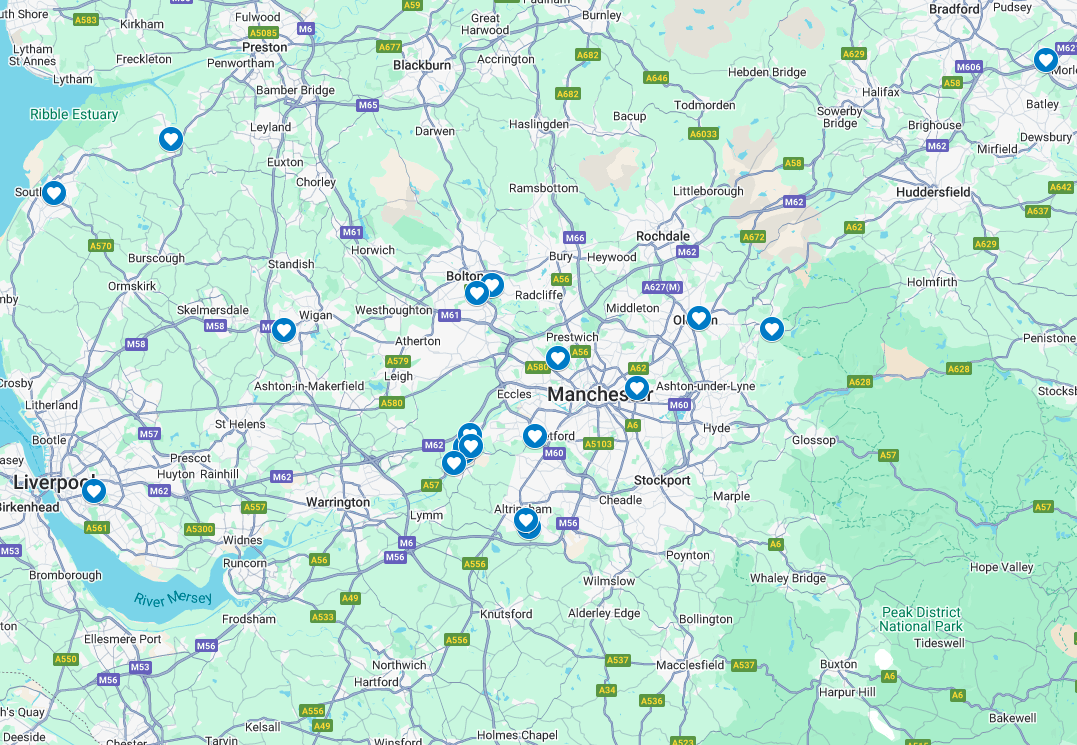What is an Arrhythmia?

A normal resting heart rate for an adult ranges from 60 to 100 beats per minute. Certain circumstances cause the heart to beat in an irregular rhythm, these are medically known as arrhythmias.Some arrhythmias are cause for concern, some are not.
Ventricular Fibrillation
Ventricular Fibrillation is the most serious cardiac arrhythmia. This arrhythmia causes cardiac arrest.
During this arrhythmia, the heart stops beating and quivers, meaning the whole body and organs are deprived of oxygenated blood.
casualties require immediate medical attention in the form of effective CPR and a shock from a defibrillator. Providing the casualty treatment within 3-5 minutes after they have collapsed increases their survival chance from 6% to 74%.
Unlike other arrythmias, there are no warning signs or prior symptoms. Only 20% of who suffer a cardiac arrest are in a shockable rhythm when the emergency services arrive. Delivering CPR on a ratio of 30 chest compressions to 2 rescue breaths keeps the heart in a shockable rhythm, ready for defibrillation.
Ventricular Tachycardia
Ventricular Tachycardia is an arrhythmia that causes the heart to beat over 100 times per minute for more than three beats in a row.
This is caused by an electrical malfunction in the heart’s electrical system that is controlled by electrical impulses, triggering each contraction of the heart. When this process is disrupted and the impulses are sent too quickly, Ventricular Tachycardia occurs.
When the heart beats too fast, there is not enough time for the lower chambers of the heart to fill before the heart beats again. This leads to ineffective blood flow. The length of someone experiencing Ventricular Tachycardia varies; this arrhythmia doesn’t always cause symptoms. When it does, symptoms include:
- Fatigue
- Dizziness
- Fainting
- Chest Pains
- Shortage of Breath
People who suffer from Ventricular Tachycardia are at risk of developing Ventricular Fibrillation. If you are concerned, make an appointment with your GP who will advise possible precautions.
Bradycardia
Bradycardia causes the heart to beat slowly at less than 60 beats per minute.
For some, including athletes, having a lower heart rate is a sign of being in a healthy physical condition; for others it is cause for concern.
Bradycardia signifies a disruption in the heart’s electrical system, caused by the heart’s natural pacemaker or a disruption in the electrical pathways. In some cases, Bradycardia is life-threatening as the heart isn’t pumping enough blood around the body.
Symptoms of Bradycardia include:
- Near-fainting or fainting
- Dizziness
- Fatigue
- Memory problems
- Chest pains Weakness
- Easy tiring
You should seek medical advice if you’re suffering from these symptoms; only professional testing will diagnose Bradycardia.
Beat for Beat
Being able to recognise these different arrythmias and understanding the required treatment is key to assisting someone in need.
Ensure you’re confident enough to save a life by exploring our Training Courses.
defibshop are committed to equipping everyone with the skills and knowledge to save a life. Speak to one of our Product Specialists on 0161 776 7422 or fill out our Contact Form.












